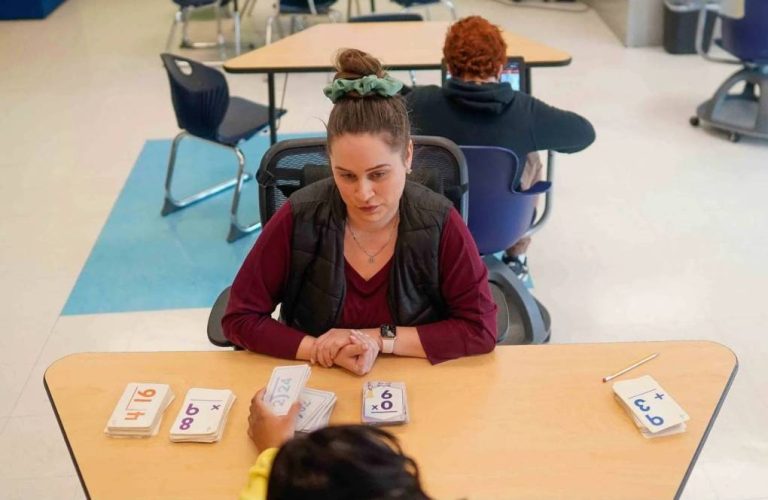On the 69th Anniversary of the Brown v. Board of Education decision, our guest author is Leon W. Russell, Chair of the NAACP Board of Directors.
In 1948, the sixty-four-member national board of directors of the National Association for the Advancement of Colored People (NAACP) endorsed its Special Counsel and head of the Legal Defense Fund Thurgood Marshall’s strategy to direct the organization’s legal advocacy efforts to racially integrate society through the education system. Following nearly two decades of legal battles and cases ranging from early childhood to graduate education, this decisive choice made by the leaders of the nation’s oldest civil rights organization set the stage for a victory in the landmark 1954 Supreme Court case, Brown v. Board of Education, and subsequent victories in the fight for civil rights and social justice.
The all White-male Supreme Court, led by Chief Justice Earl Warren, ruled that “Separate but equal educational facilities for racial minorities is inherently unequal, violating the Equal Protection Clause of the Fourteenth Amendment.” The significance of their unanimous decision precipitated a journey and fight that has spanned nearly 70 years and continues as we seek to build an inclusive community rooted in liberation where all persons can exercise their civil and human rights without discrimination. But how do we continue to build on the work of those like Thurgood Marshall, Mary White Ovington, Roy Wilkins, Albert Shanker and countless others when we presently face extremist dissenters of equality who continue to use one of the most basic hallmarks of American life – education – as the battlefield to degenerate our society?
When I was elected Chairman of the NAACP national board of directors six years ago, there were many issues of importance in the landscape of civil and human rights that I expected to address. Among them, however, was NOT book banning, censoring educators and stories of figures like Mrs. Rosa Parks in curriculum, or eliminating diversity, equity, and inclusion practices that ensure all students feel safe and can thrive in their schools. I attended segregated schools in the 1950s in Virginia. I remember the difficulty and discomfort that I felt, knowing that my peers and I were not receiving the same education simply based on our race. These new attacks have made public education in this country a battlefield where the real victims are the students who now face difficult realities that they should only learn about through history books.
By this point in society, I hoped that the advancements that we have made over the past 69 years would be sparking conversations about new and innovative technologies, creative curriculum and instruction, building schools that serve as hubs for community, and ensuring that all students have the resources they need to thrive as we venture into a new future of work. Instead, the NAACP is calling our thousands of branches and millions of members nationwide to action, as we witness the rights that our members and others, like the American Federation of Teachers, spent years fighting to secure be eroded by the political attacks of extremists.
These attacks seek to destroy the very truth that Brown established by Chief Justice Warren (majority opinion)
“…We must consider public education in the light of its full development and its present place in American life throughout the Nation…
Today it is a principal instrument in awakening the child to cultural values, in preparing him for later professional training, and in helping him to adjust normally to his environment. In these days, it is doubtful that any child may reasonably be expected to succeed in life if he is denied the opportunity of an education. Such an opportunity, where the state has undertaken to provide it, is a right which must be made available to all on equal terms…
Segregation of white and colored children in public schools has a detrimental effect upon the colored children. The impact is greater when it has the sanction of the law, for the policy of separating the races is usually interpreted as denoting the inferiority of the negro group…
We conclude that, in the field of public education, the doctrine of “separate but equal” has no place. Separate educational facilities are inherently unequal.”
In 2023, it’s not enough to commemorate this historic day, we must protect the values that this decision established, which opened the doors for the fights ahead from Montgomery to Selma to Washington. The legacy of Brown v. Board of Education is found in these advancements in civil rights, voting rights, and equality made by a movement of activists, educators, workers, students, and communities uniting to build a better America for all. Together, we must protect what we have built at all costs, while building a better future.







